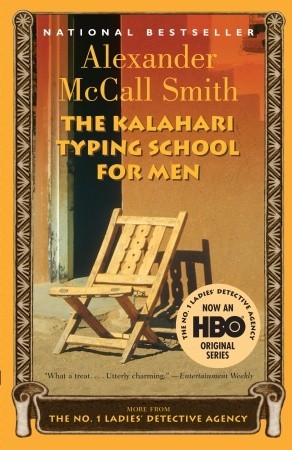
Paperback, 80 pgs.
I am an Amazon Affiliate
The Seven Ages by Louise Glück is a book about transformation and, by extension, aging and death — the battle between faith and the fear of mortality. The title opens with a cryptic tale of a human who arrives on Earth even before the Garden of Eden, when it is just dust. The narrator loves it all the same, even in its barrenness, but like many humans she wants to possess it. How do you hold onto something that changes and is going to continue changing? The short answer is: you can’t. Except maybe in a dream but even memories change.
Throughout the book, Glück touches, tastes, and experiences a variety of things, but in “The Sensual World,” she says, “I caution you as I was never cautioned:// you will never let go, you will never be satiated./You will be damaged and scarred, you will continue to hunger.//” (pg. 7) We have entered that garden and we have tasted the forbidden fruits, and even as we are punished, we still want more. We cannot get enough sensory input, which leads to emotional attachments that continue even as we age, even if they are not acted upon.
In “Birthday,” the narrator remembers “that age. Riddled with self-doubt, self-loathing,/and at the same time suffused/with contempt for the communal, the ordinary;…” (pg. 20) The narrator is on the outside at this party, watching those who are wrapped up in making friends and making connections, but also vividly aware of the solitary member who prefers their own counsel. Here again, the narrator cautions that in silence it is difficult to “test one’s ideas. Because they are not ideas, they are the truth.//” She speaks of this again in “From a Journal”: “how ignorant we all are most of the time,/seeing things/only from one vantage, like a sniper.//” (pg. 25)
Once we come away from ourselves and view the world differently, usually after years of a narrow focus, we come to realize that we want more time. We want “to extend those days, to be inseparable from them./ So that a few hours could take up a lifetime.//” (“The Destination”, pg. 28) The Seven Ages by Louise Glück is an exploration of aging through the lens of an observer, someone who has experienced life and who has separated herself from it when necessary. Things we see are not as we expect, things we obtain do not satiate our appetites, and in our haste to achieve things, we break them. Human frailty cannot be escaped, and we cannot return to our youth. Glück attests to these stages and says that appreciating what has come before is hard, especially when we are hungry for more and have run out of time.
Rating: Quatrain

Louise Glück was born in New York City of Hungarian Jewish heritage and grew up on Long Island. Glück attended Sarah Lawrence College and later Columbia University.
She is the author of twelve books of poetry, including: “A Village Life” (2009); Averno (2006), which was a finalist for The National Book Award; The Seven Ages (2001); Vita Nova (1999), which was awarded The New Yorker’s Book Award in Poetry; Meadowlands (1996); The Wild Iris (1992), which received the Pulitzer Prize and the Poetry Society of America’s William Carlos Williams Award; Ararat (1990), which received the Library of Congress’s Rebekah Johnson Bobbitt National Prize for Poetry. Louise Glück has also published a collection of essays, Proofs and Theories: Essays on Poetry (1994), which won the PEN/Martha Albrand Award for First Nonfiction.
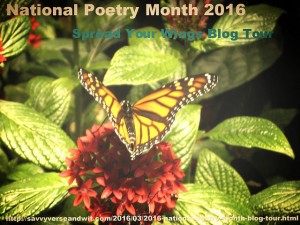

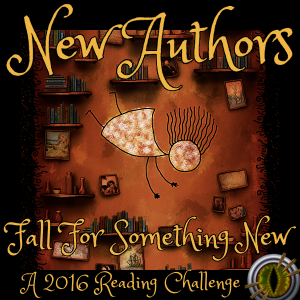





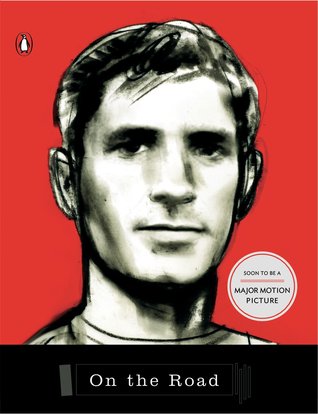
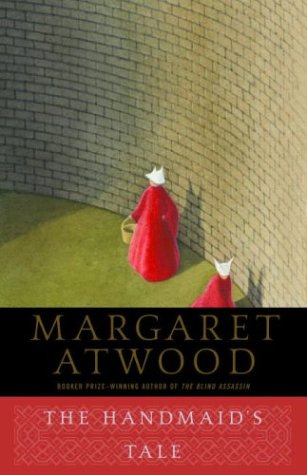

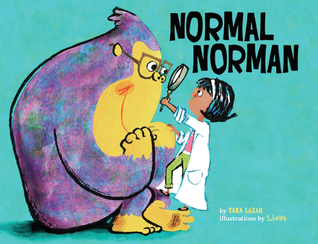



 3. Tiny Stories tote.
3. Tiny Stories tote.

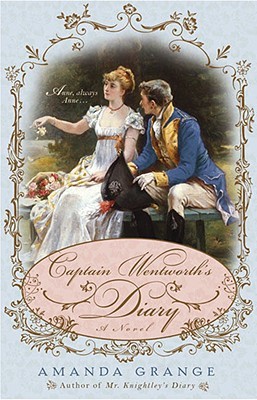
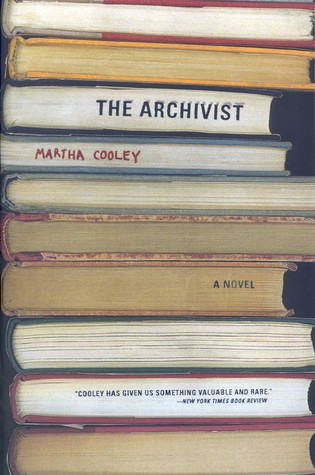

 9. Bicycles: Love Poems by Nikki Giovanni from the library sale.
9. Bicycles: Love Poems by Nikki Giovanni from the library sale.


